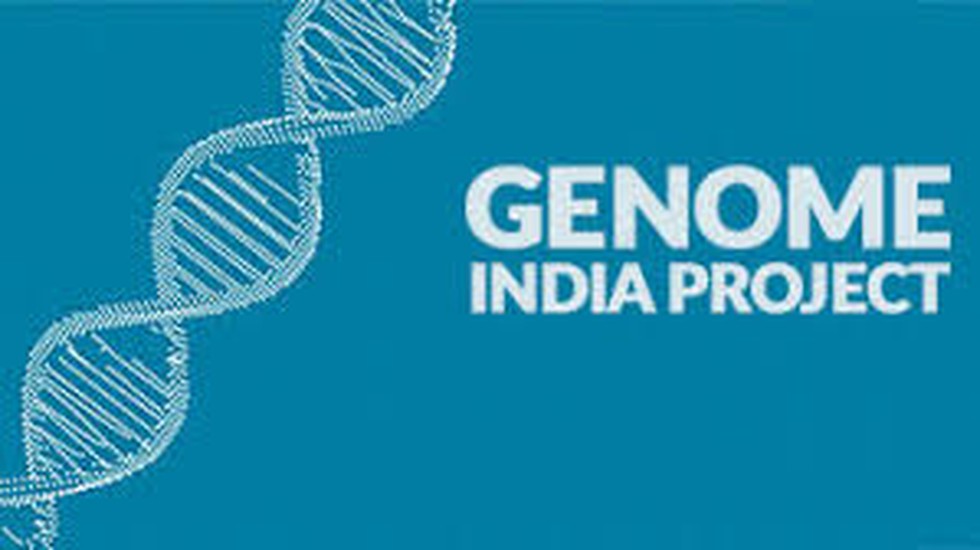About Genome India Project:
- It is a national initiative started in January 2020to map the genetic diversity of India's population.
- It is a multi-institution consortium project which is supported and funded by the Department of Biotechnology, Government of India.
- It aims to decode the genetic diversity of India's population through larges cale genome sequencing
- Objectives:
- Create an exhaustive catalog of genetic variations (common, low frequency, rare, single nucleotide polymorphisms, or SNPs, and structural variations) in Indians.
- Create a reference haplotype structure for Indians. This reference panel can be used for imputing missing genetic variation in future studies.
- Design genome-wide arrays for research and diagnostics at an affordable cost.
- Establish a biobank for DNA and plasma collected for future use in research.
- Key highlights of the project:
- Genome sequencing of 10,000 individuals: The project successfully sequenced genomes of 10,074 samples, covering 99 ethnic groups.
- Creation of a genetic database: Data is securely stored at the Indian Biological Data Centre and will serve as a reference for researchers.
- Genetic insights for public health: The study revealed unique genetic variations, some with clinical significance, paving the way for precision medicine.
- Phase 1 analysis: Detailed quality checks and joint genotyping of 5,750 samples have uncovered rare genetic variations unique to Indian populations.
- This ‘Genome India’ database will now be available to researchers across the world for investigations and is housed at the Indian Biological Data Centre (IBDC), in Faridabad, Haryana.
- Significance: It can help advance the treatment of genetic and infectious diseases.
